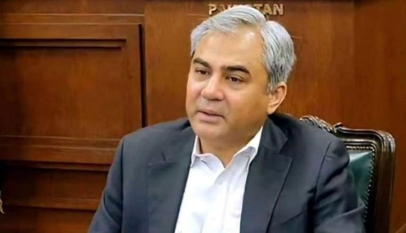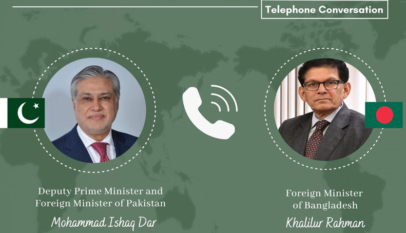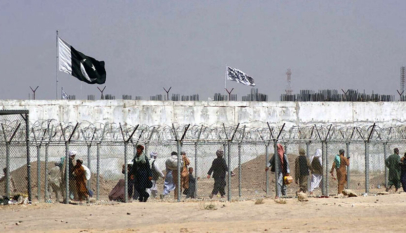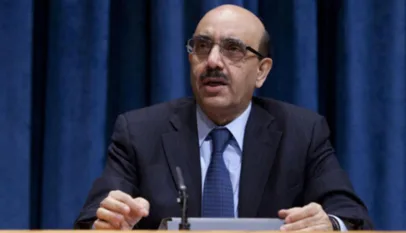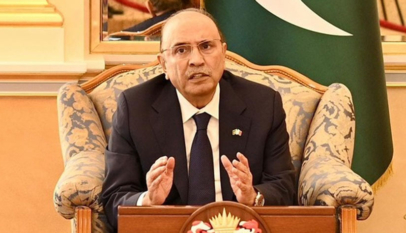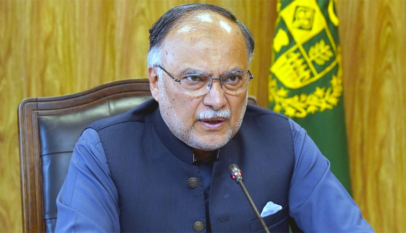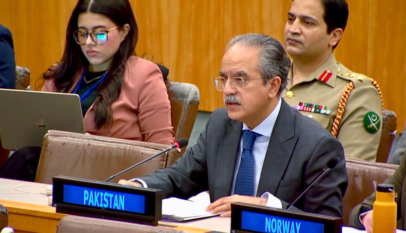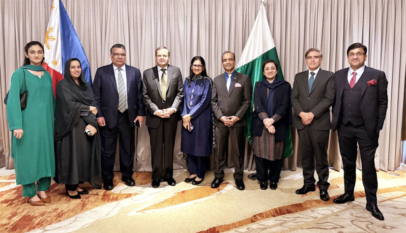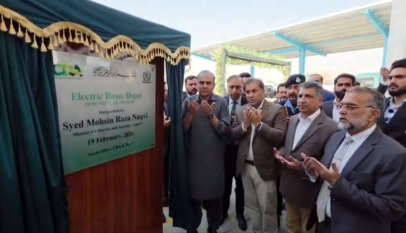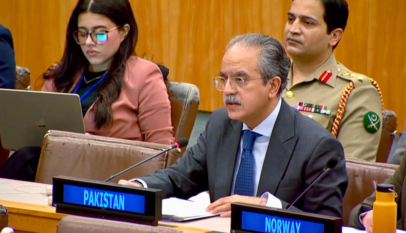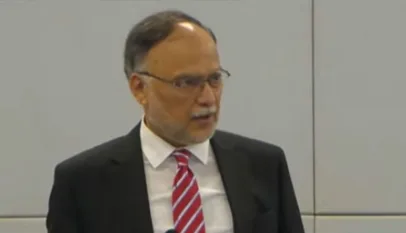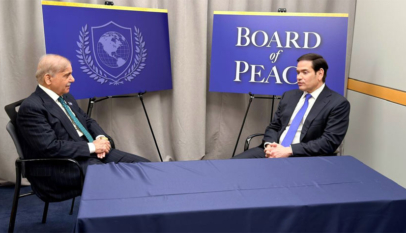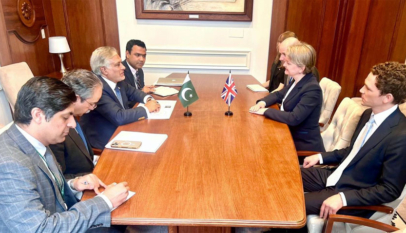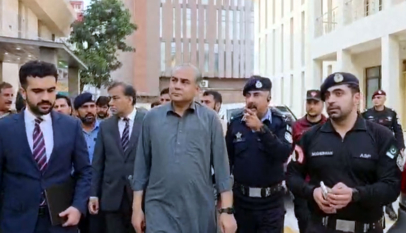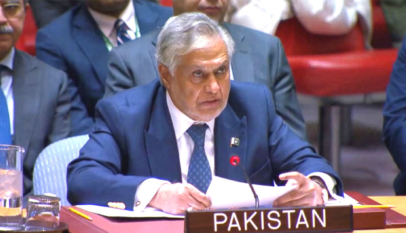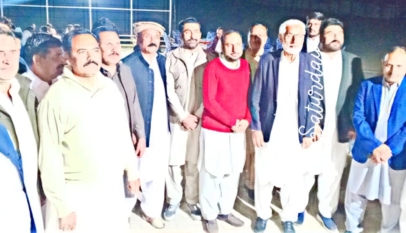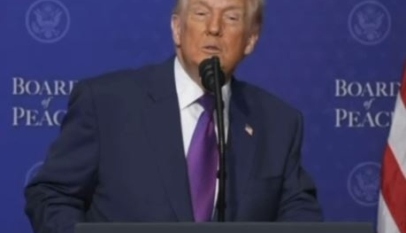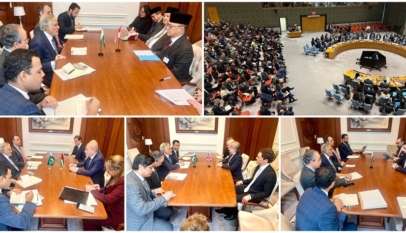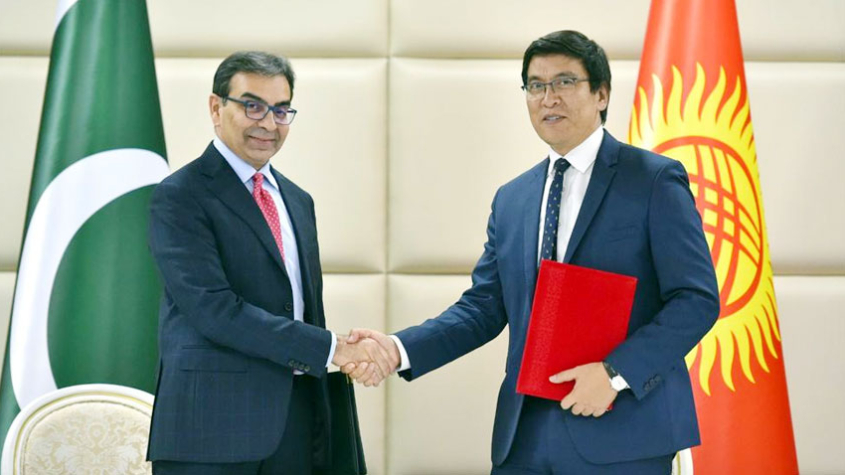
Kyrgyzstan has shown keen interest in utilizing the potential of Pakistani seaports of Karachi and Gwadar, which would provide the shortest access to Central Asian states and the Eurasian Economic Union to the open sea.
This interest was expressed by Deputy Chairman of the Kyrgyzstan Cabinet of Ministers Baisalov Edil Zholdubaevich at the 4th Session of Kyrgyz-Pakistan Inter-Governmental Commission on Trade- Economic and Scientific-Technical Cooperation, held in Bishkek on Friday last.
The Pakistani delegation was led by Energy Minister Muhammad Ali.
The Energy Minister expressed Pakistan’s readiness for an active dialogue and practical actions to further deepen bilateral cooperation.
Underscoring collaboration in the energy sector, the Minister reaffirmed its crucial role in mutual growth. Stressing the importance of the CASA-1000 regional project, he emphasized the commitment from both sides for its expeditious completion to realize shared goals.
Besides, the Minister emphasized the need for a robust Plan of Action to address trade barriers, with the Joint Working Group on Trade and Investment playing a pivotal role. He lauded ongoing talks for the Transit Trade Agreement, citing the year-round accessibility of the Karakoram Highway as a key opportunity for facilitating transit trade and fortifying bilateral economic ties.
The Energy Minister reiterated Pakistan’s interest in fostering cooperation for a bilateral E-Commerce platform, recognizing the Kyrgyz Republic’s growing role as a logistics and e-commerce hub.
Delving into cultural and people- to-people connections, he highlighted the presence of over 15,000 Pakistani students pursuing higher education in Kyrgyzstan and the growing influx of tourists to the country, illustrating a shared affinity for Kyrgyz culture, heritage, and scenic landscapes. Moreover, he also acknowledged the significance of the agriculture sector and advocated for collaboration in research, value addition, food processing, and joint ventures.
During the meeting, delegates engaged in discussions aimed at actualizing enhanced regional connectivity between Central Asia and South Asia, placing particular emphasis on the advancement of rail, road, and air links, alongside fostering increased people-to-people engagement. These collective endeavors are oriented towards promoting enduring stability, peace, and prosperity in the region.












